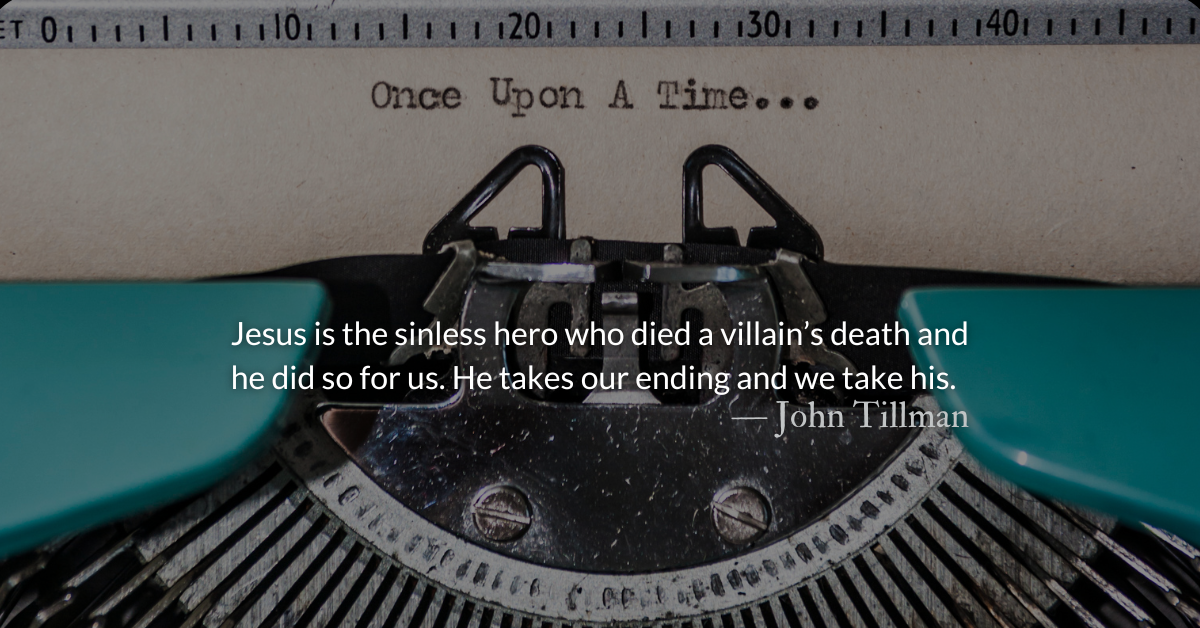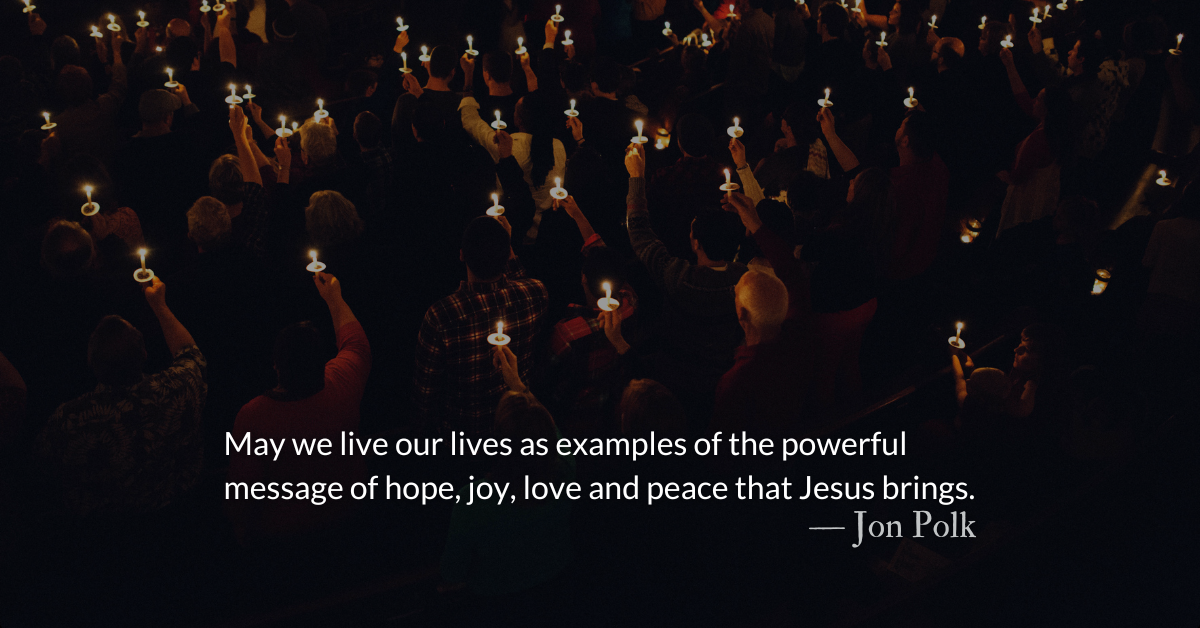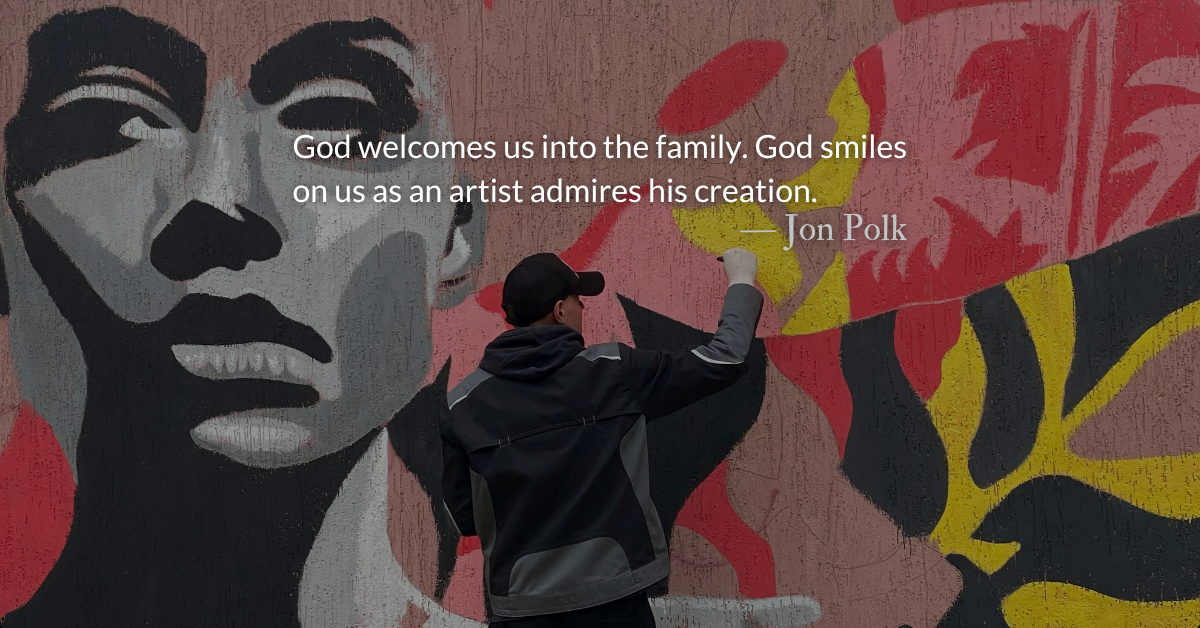Each year, we read the New Testament and Psalms. In odd years, we read the histories, and in even years, we read the prophets. We read in a semi-chronological order but without breaking books into parts. This sustainably paced reading plan is designed to leave time for reflection and to build deep familiarity and devotion to the scriptures and what they teach.
We look forward to restarting our “Even Year” plan soon. Won’t you consider inviting someone to join you? Or maybe you’d like to become one of our donors who support this work?
If you would like to join our donors by starting a monthly gift or giving a one-time gift, time is running out to have your gift credited to the 2025 tax year. Checks dated in 2025 and with a postmark in 2025 will be counted towards this year.
Give now via this link: Giving Link
Learn more about giving on our website: https://theparkforum.org/support/
Mail any checks to the following address:
The Park Forum
PO Box 185082
Fort Worth, TX 76181
Links for today’s readings:
Dec 30 Read: 2 Chronicles 35 Listen: (5:25) Read: Psalms 148 Listen: (1:28)
Scripture Focus: 2 Chronicles 35.20-25
20 After all this, when Josiah had set the temple in order, Necho king of Egypt went up to fight at Carchemish on the Euphrates, and Josiah marched out to meet him in battle. 21 But Necho sent messengers to him, saying, “What quarrel is there, king of Judah, between you and me? It is not you I am attacking at this time, but the house with which I am at war. God has told me to hurry; so stop opposing God, who is with me, or he will destroy you.” 22 Josiah, however, would not turn away from him, but disguised himself to engage him in battle. He would not listen to what Necho had said at God’s command but went to fight him on the plain of Megiddo. 23 Archers shot King Josiah, and he told his officers, “Take me away; I am badly wounded.” 24 So they took him out of his chariot, put him in his other chariot and brought him to Jerusalem, where he died. He was buried in the tombs of his ancestors, and all Judah and Jerusalem mourned for him. 25 Jeremiah composed laments for Josiah, and to this day all the male and female singers commemorate Josiah in the laments. These became a tradition in Israel and are written in the Laments.
Reflection: The Hero Who Died A Villain’s Death
By John Tillman
Grimm’s Fairy Tales, published in 1812 were grim. These tales were known for heroes and villains but also for harsh moral lessons and brutal, violent endings for the foolish and the wicked.
Walt Disney adapted many Grimm stories to the screen, beginning with Snow White in 1937, significantly changing their tone. He removed gruesome, vindictive endings for villains and some consequences of the heroes’ actions. Some say he softened the stories, but he also drew good and evil more sharply in focus, creating simpler, black and white, good versus evil archetypes.
Josiah’s reign must have seemed like a fairy tale contrasted with his father’s and grandfather’s. The wicked kings have passed! A righteous one ascends! Happily ever after, right? Not exactly.
After doing much good, Josiah goes against God’s warning and dies exactly like villainous king Ahab of Israel. (1 Kings 22.34-35; 2 Chronicles 18.33-34) Despite being the hero of the moment, Josiah has a villain’s death because of his own sin.
So is it true that “all kings are evil” or all political, business, or spiritual leaders are corrupt? No. Too many people flatten out moral differences to defend themselves from making hard choices. “Well, it doesn’t really matter, does it? All politicians lie.” This type of false equivalelency sees little difference between Manasseh and Josiah or between Khrushchev and Kennedy.
That doesn’t mean choices are easy. We don’t live in a black and white world where good and evil are easy to separate. Aleksandr Solzhenitsyn reminds us the line separating good and evil runs not between countries, political parties, or groups, but through each individual heart. (The Gulag Archipelago)
Our world is no fairy tale and neither is Christ’s kingdom. In a fairytale kingdom, no noble king would die foolishly, no noble peasant would live in want, and no noble deed would go unrewarded. Instead, Jesus, the ultimate noble king, lived as a peasant in want, performed the noblest of deeds, yet died the most ignoble death. Jesus is the sinless hero who died a villain’s death and he did so for us. He takes our ending and we take his.
Our choices matter, they are not simple, they have present and future consequences, and we will be judged for them. However, our destiny depends not on our deeds but on dedicating our lives to Jesus. Every choice that truly matters starts with the first choice to follow Jesus. Make that choice today and every day.
Divine Hours Prayer: The Refrain for the Morning Lessons
Truly, his salvation is very near to those who fear him, that his glory may dwell in our land. — Psalm 85.9
– From The Divine Hours: Prayers for Autumn and Wintertime by Phyllis Tickle.
Consider Supporting Our Work
We have some big needs this coming year. Consider joining our donors and support ad-free content that brings biblical devotionals to inboxes across the world.
Read The Bible With Us
Our sustainably-paced, two-year Bible reading plan leaves plenty of time for reflection and discussion with friends. Ask a friend to join you.






